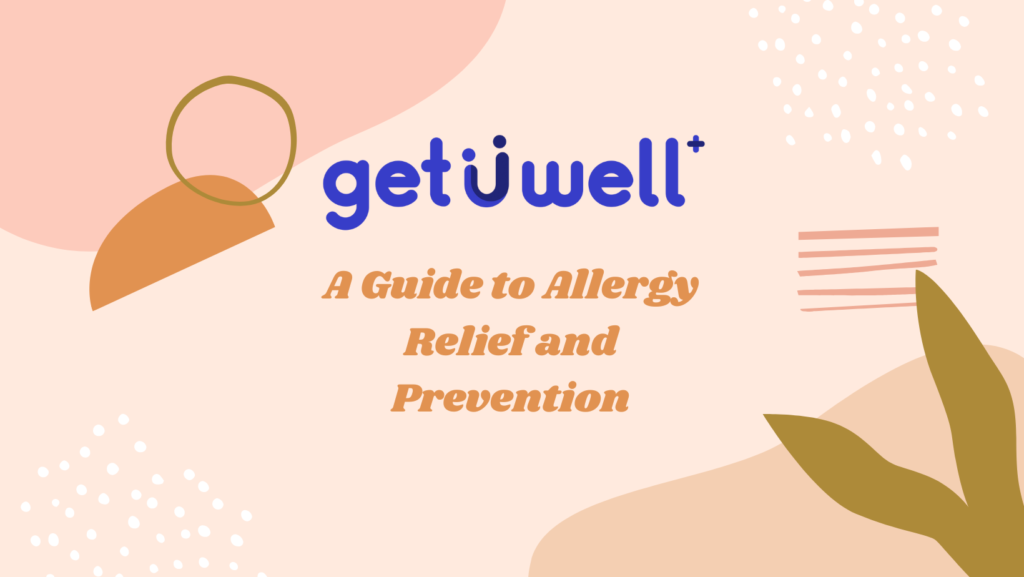Understanding Allergies: Allergies occur when your immune system reacts abnormally to substances that are typically harmless. These substances, known as allergens, can trigger various symptoms, including sneezing, runny nose, itchy eyes, skin rashes, and in severe cases, anaphylaxis.
Identifying Common Allergens: Allergens can be found both indoors and outdoors, and they vary depending on the individual’s sensitivity. Common allergens include:
-
Pollen: Pollen from trees, grasses, and weeds can trigger seasonal allergies, also known as hay fever.
-
Dust Mites: These microscopic organisms thrive in bedding, upholstery, and carpets, triggering year-round allergies.
-
Pet Dander: Proteins found in pet dander, saliva, and urine can cause allergic reactions in sensitive individuals.
-
Mold: Mold spores can be found indoors in damp environments such as basements, bathrooms, and kitchens, triggering allergies and respiratory issues.
-
Food Allergens: Common food allergens include peanuts, tree nuts, eggs, milk, wheat, soy, fish, and shellfish.
Managing Allergy Symptoms: While allergies cannot be cured, there are several strategies you can use to manage symptoms and minimize exposure to allergens:
-
Avoid Allergens: Identify and avoid triggers whenever possible. Keep windows closed during high pollen seasons, use allergen-proof bedding, and regularly clean your home to reduce dust and mold.
-
Use Allergy Medications: Over-the-counter antihistamines, decongestants, nasal corticosteroids, and allergy eye drops can help relieve allergy symptoms. Consult with a healthcare professional for personalized recommendations.
-
Allergy Immunotherapy: Allergy shots or sublingual immunotherapy (allergy drops) can help desensitize your immune system to specific allergens, reducing the severity of allergic reactions over time.
-
Nasal Irrigation: Rinsing your nasal passages with a saline solution can help flush out allergens and relieve nasal congestion.
-
Air Purifiers: Using HEPA air purifiers can help remove airborne allergens from your indoor environment, improving air quality.
Preventing Allergic Reactions: Taking proactive measures to prevent allergic reactions is essential, especially for individuals with severe allergies. Here are some tips:
-
Carry Medications: If you have known allergies, always carry your prescribed medications, such as epinephrine auto-injectors for severe allergic reactions (anaphylaxis).
-
Wear Medical Alert Jewelry: Consider wearing medical alert bracelets or necklaces that indicate your specific allergies, especially if you have severe food allergies or insect sting allergies.
-
Communicate with Others: Inform family members, friends, coworkers, and teachers about your allergies, so they can assist you in case of an emergency.
Living with allergies doesn’t have to be overwhelming. By understanding your triggers, implementing effective management strategies, and taking preventive measures, you can significantly reduce the impact of allergies on your life. Remember to consult with a healthcare professional for personalized advice and treatment options tailored to your specific needs. With the right approach, you can enjoy a better quality of life despite allergies.




